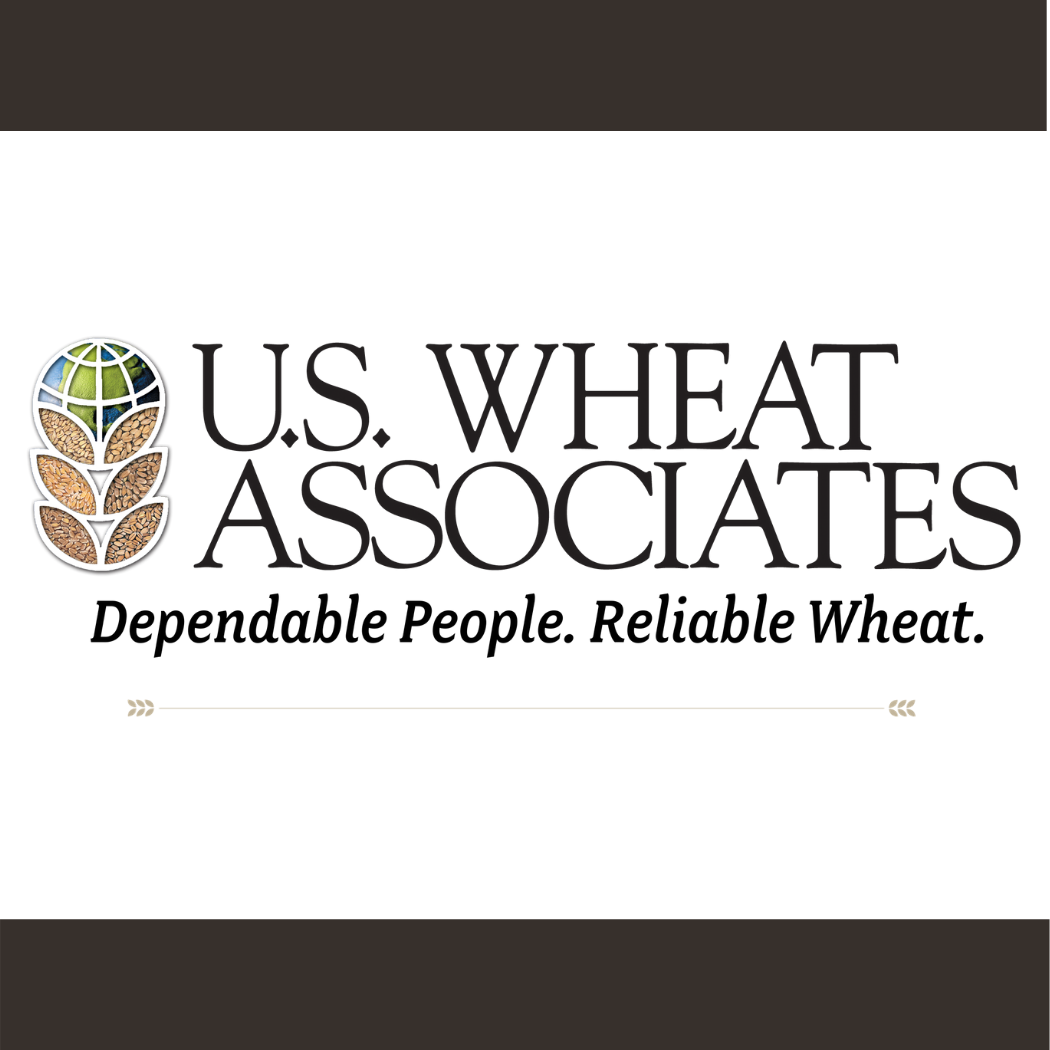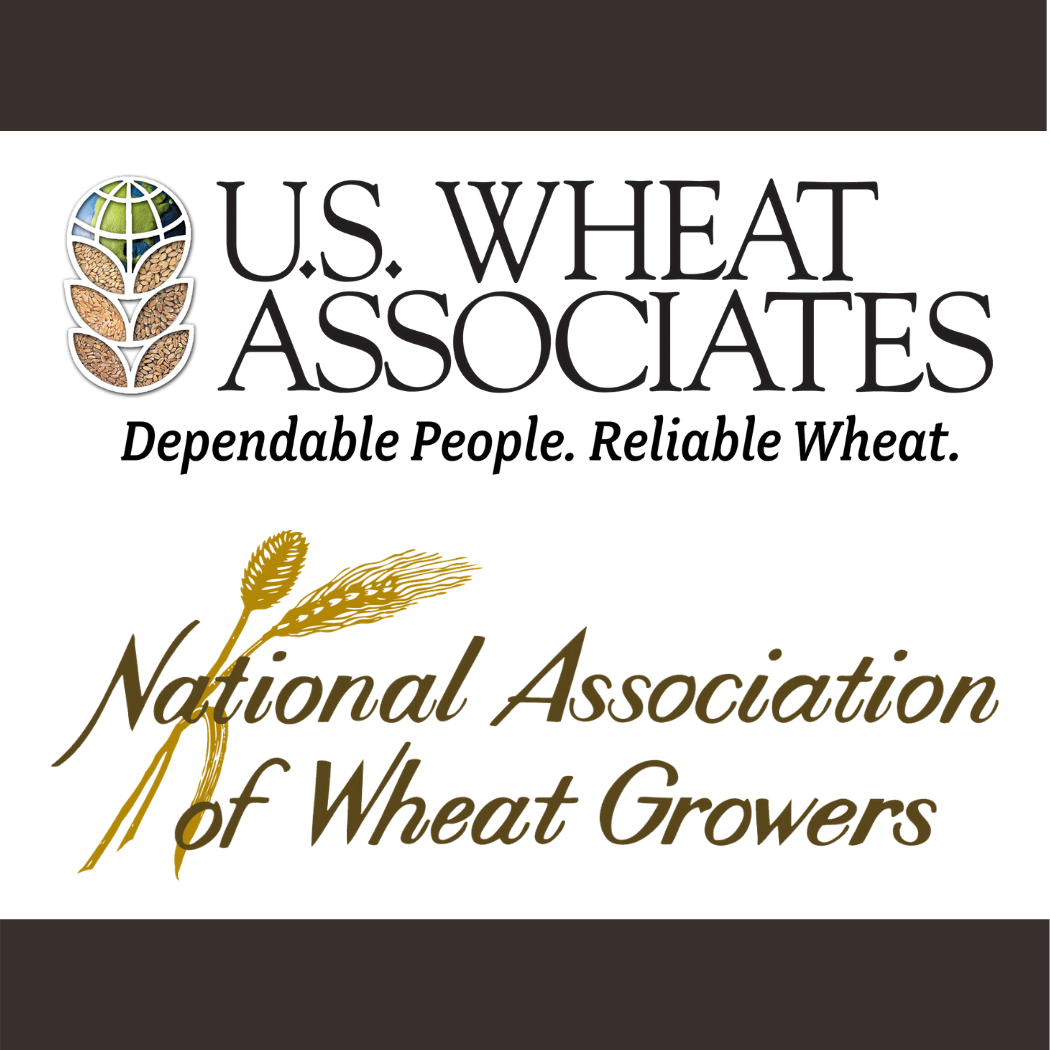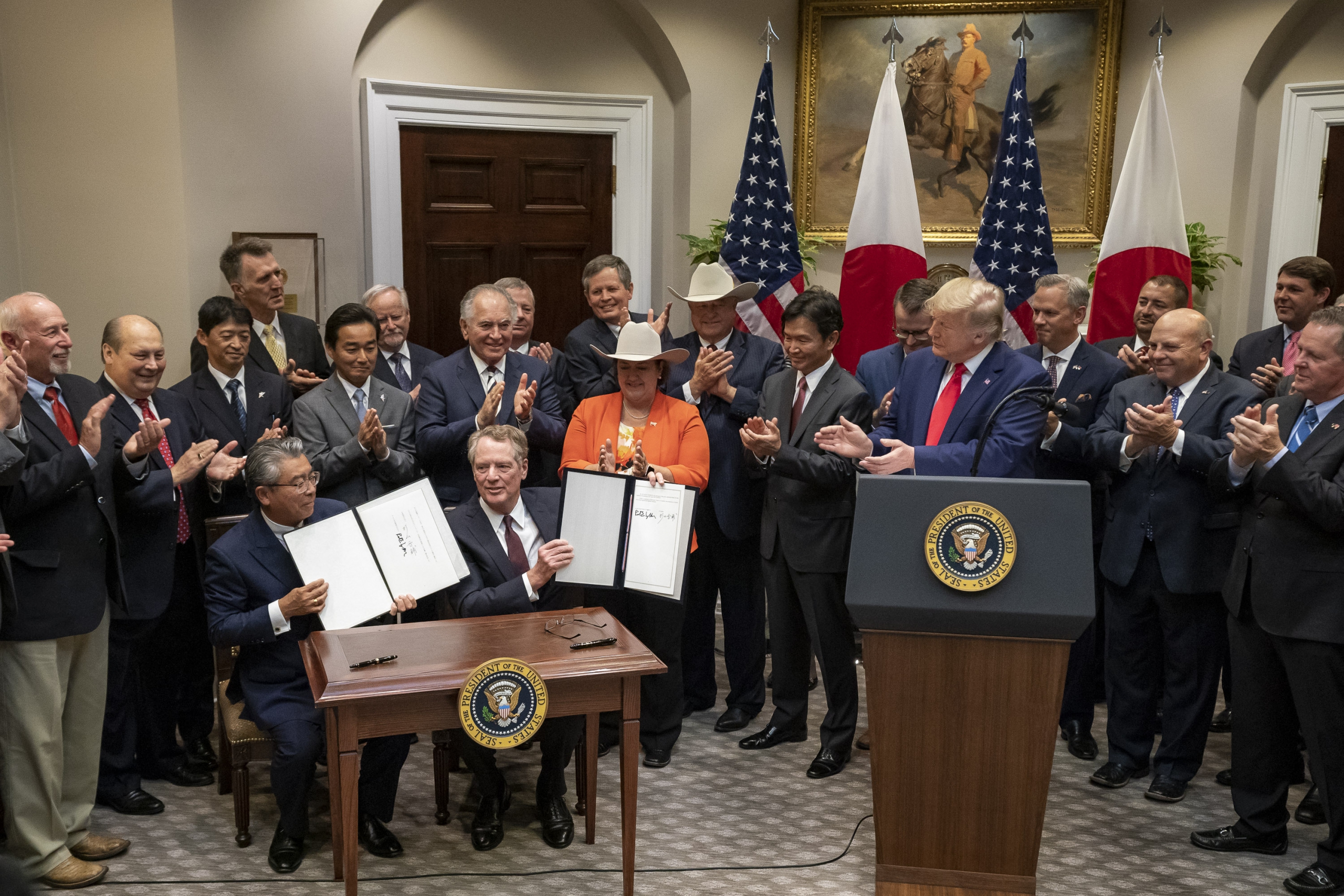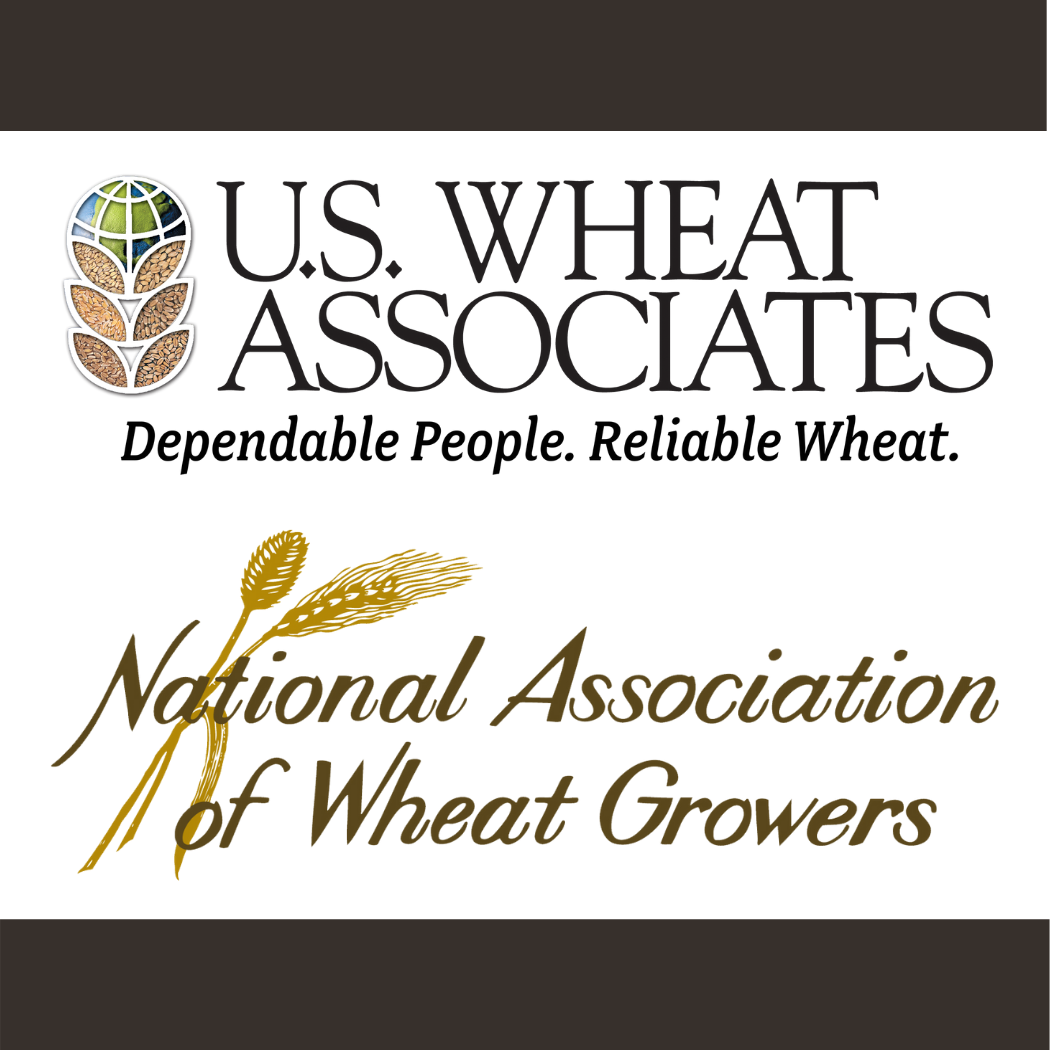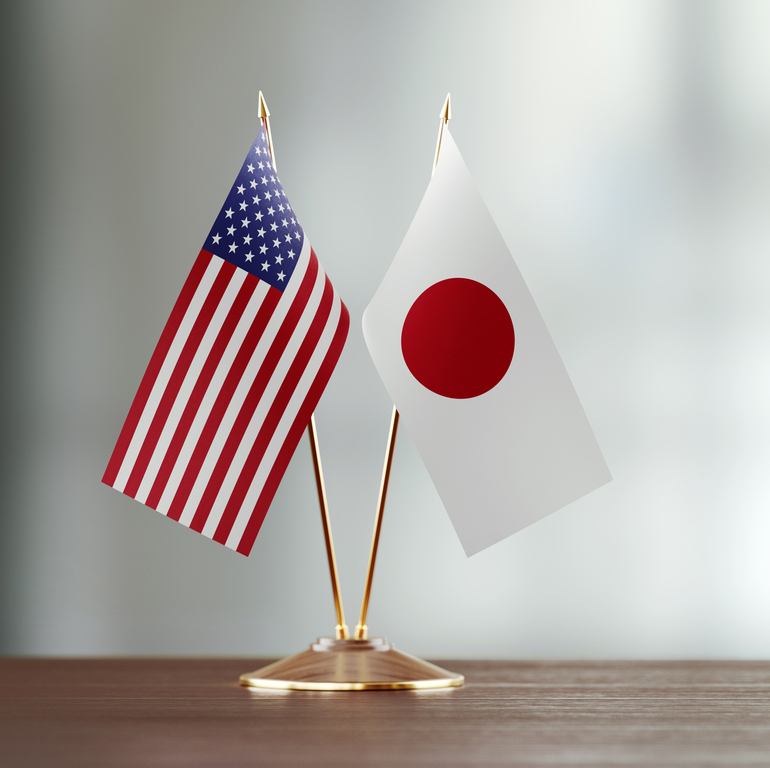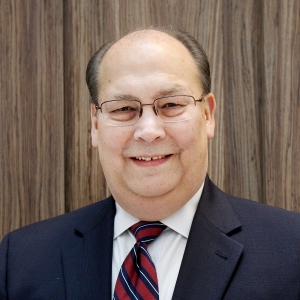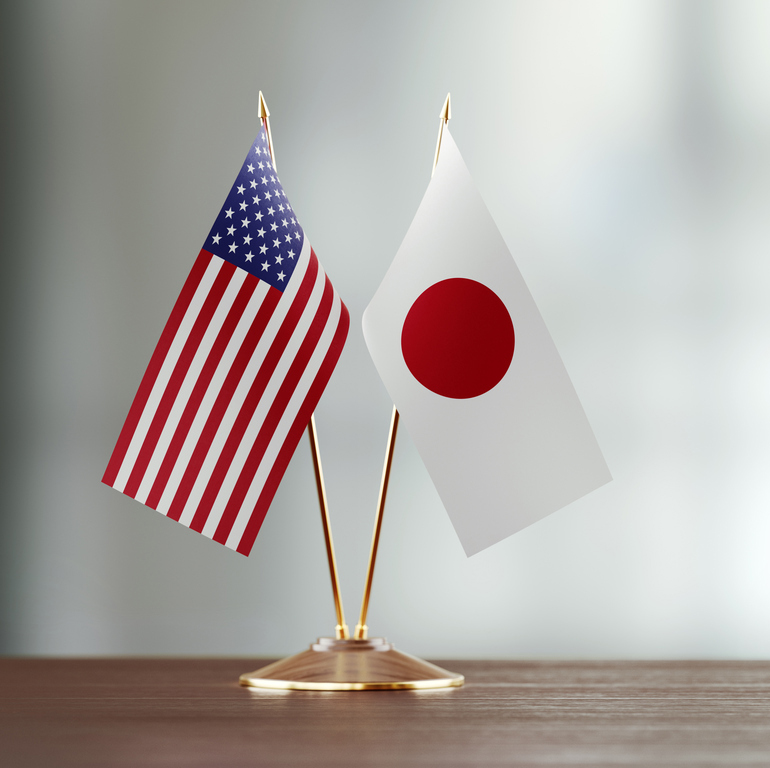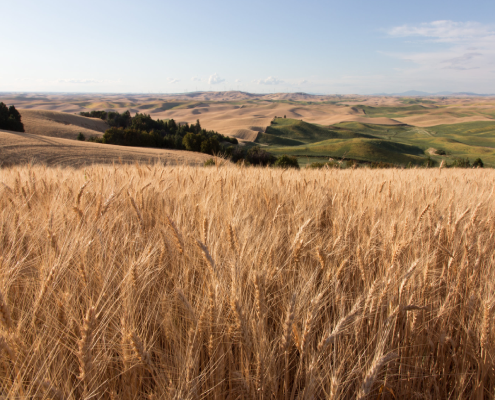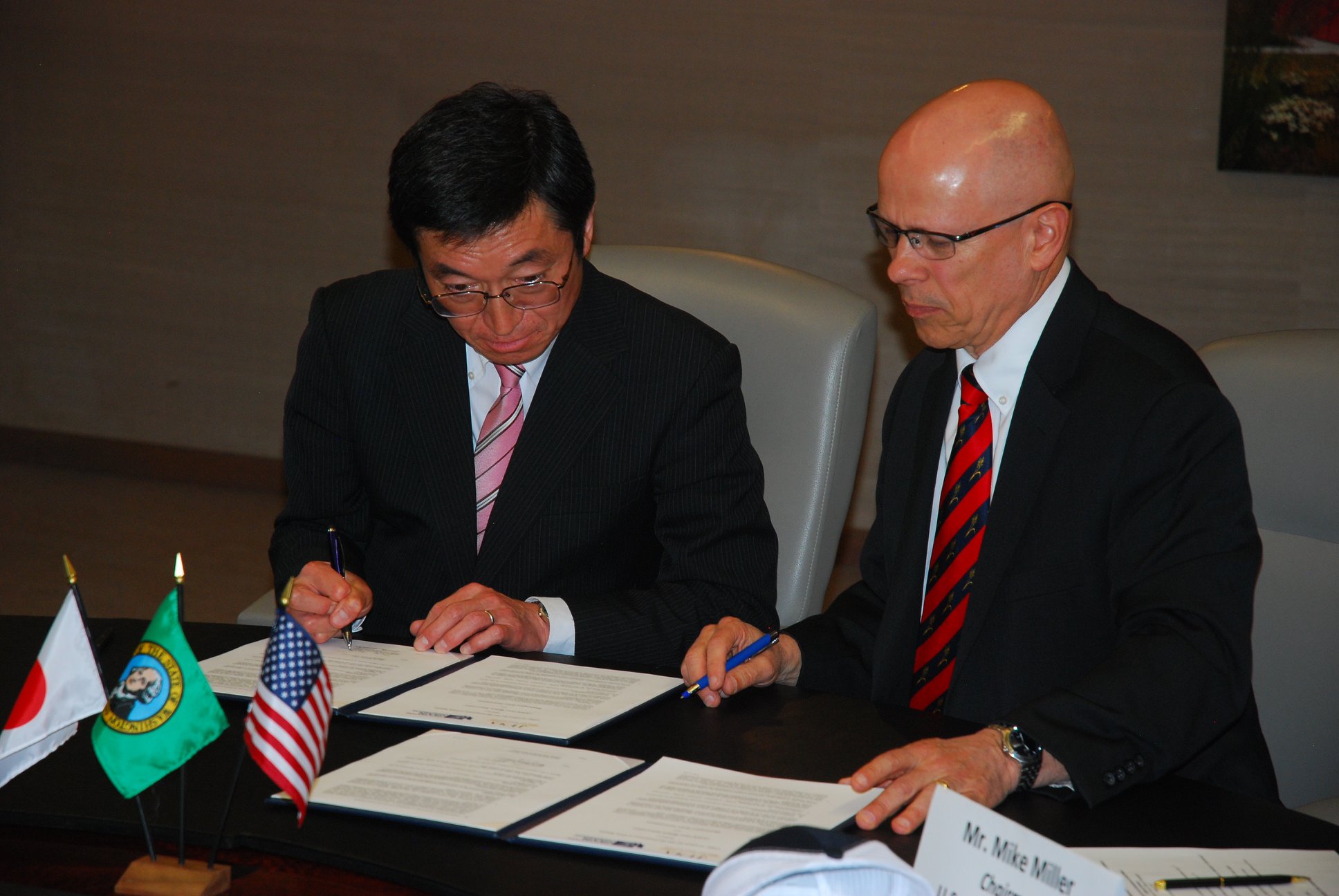U.S. Wheat Associates (USW) Country Director Wataru “Charlie” Utsunomiya traditionally brings a team of senior executives from Japan’s flour milling industry to the United States to get an early look at each year’s wheat crop and establish professional connections with farmers, grain traders and other industry representatives. This year’s team arrived April 28, 2018, in Portland, Ore., at a good time to discuss many factors that affect the long, productive relationship between the Japanese milling industry and U.S. wheat.
Having just celebrated the 70th anniversary of the Japan Flour Milling Association (JFMA) in January 2018 in Tokyo, USW, the Oregon Wheat Commission (OWC) and the Washington Grain Commission (WGC) were pleased to welcome the team of six JFMA members and the organization’s new executive director Mr. Yasuo Sasaki.
“It is difficult to express how much we value our partnership with Japan’s flour millers, Japan’s Ministry of Agriculture, Forestry and Fisheries and the rest of its wheat foods industries,” said USW President Vince Peterson at the anniversary event. “We have developed a deep level of trust by maintaining an open dialogue with them. That has been so important to our mutually beneficial, long-term trading relationship, and we confirmed our commitment to continue our partnership in that spirit.”
Trade policy and how it affects that relationship was among the topics of discussion for the trade team with wheat commission representatives and USW in Portland and later in Washington, D.C.
Because the United States withdrew from the Trans-Pacific Partnership (TPP), U.S. wheat imported by Japan may be subject to a significantly higher effective tariff amount compared to wheat from Canada and Australia under the new Comprehensive and Progressive Trans-Pacific Partnership agreement signed March 8, 2018, by eleven countries. Japanese President Abe’s meeting with U.S. President Trump to discuss trade and other topics in mid-April also provided context to the 2018 trade team visit.
“It is important to maintain and develop the good relationship Japan has had with the U.S. wheat industry for more than 60 years,” Mr. Sasaki said. “To that end, we hope the United States will return to the Trans-Pacific Partnership agreement, and we were encouraged by the joint announcement by USW and the National Association of Wheat Growers supporting that goal.”
Discussion of U.S. wheat quality is an important part of any trade team agenda, but there was a very special event for this team on May 2 at Washington State University (WSU) in Pullman, Wash.
Mr. Sasaki and WGC CEO Glen Squires signed a letter of intent to develop club wheat varieties through more technical exchange at a ceremony with U.S. Rep. Cathy McMorris Rodgers, Washington state Agriculture Director Derek Sandison, WSU President Kirk Schulz, USDA Agricultural Research Service and WSU researchers, university officials, WGC board members and USW Chairman Michael Miller.
Club wheat is a sub-class of soft white (SW) wheat that represents up to 20 percent of a blend with SW designated at Western White wheat. Japan imports more club wheat than any other country.
Mr. Sasaki and WGC Chairman Gary Bailey noted the important benefits they expect to come from this agreement to continue improving the white club varieties needed to make the flour demanded by Japan’s sophisticated baking and wheat foods industry.
“We truly appreciate your efforts to develop a stable supply of good quality wheat for Japan,” Mr. Sasaki said at the ceremony.
Trade, innovative plant breeding and other policy topics were on the agenda during the team’s visit to Washington, D.C., from May 3 to 5. The executives met with senior staff at the USW Headquarters office in Arlington, Va., and with milling industry colleagues at the North American Millers’ Association and their own diplomatic officials at the Japanese Embassy in Washington, D.C., before returning to Japan.
The entire U.S. wheat industry is fully committed to enhancing the bond with customers in Japan and around the world that has helped us all weather many challenges and will continue to be a basis for open and productive partnership well into the future.
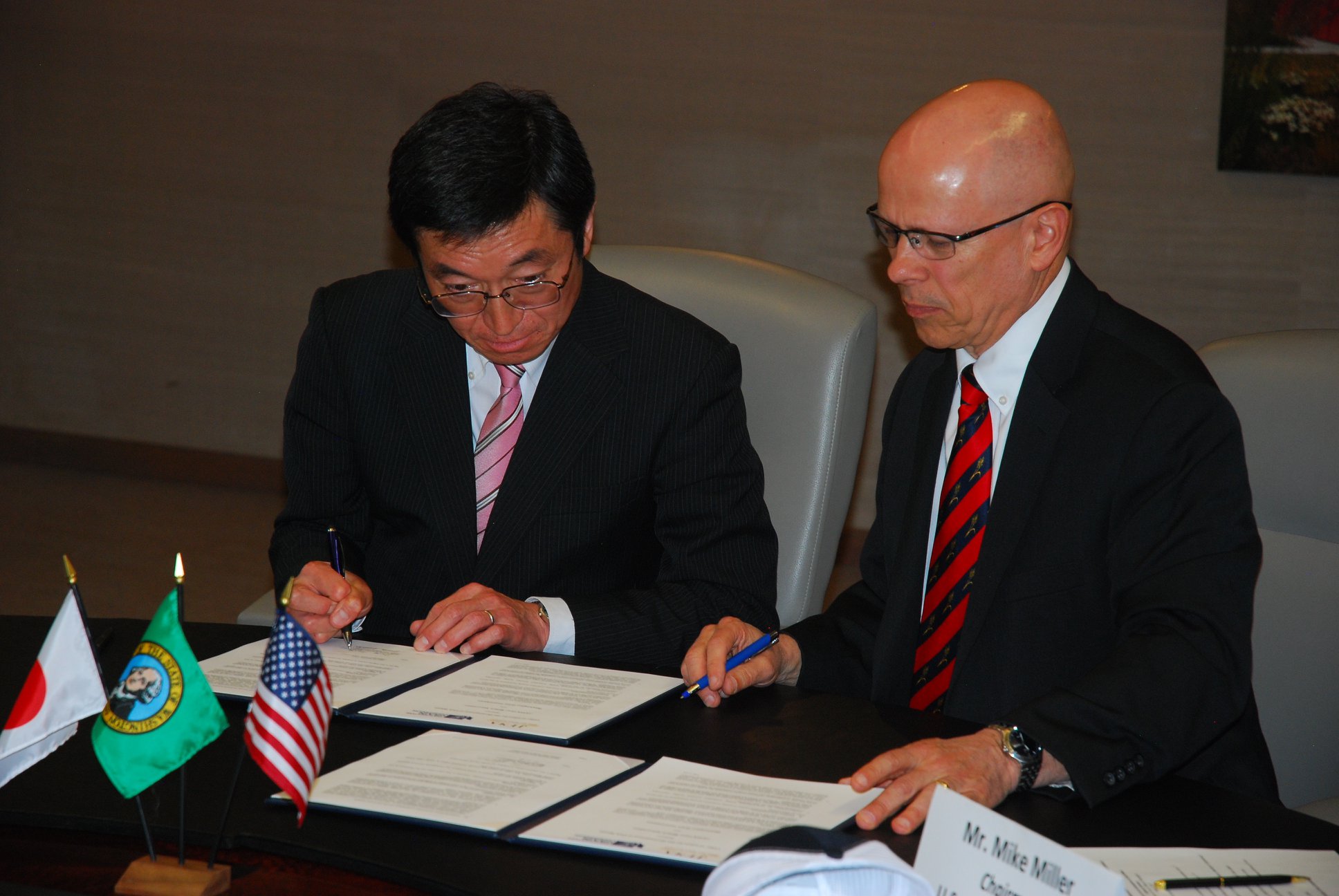
# # #
Nondiscrimination and Alternate Means of Communications
U.S. Wheat Associates prohibits discrimination in all its programs and activities on the basis of race, color, religion, national origin, gender, marital or family status, age, disability, political beliefs or sexual orientation. Persons with disabilities who require alternative means for communication of program information (Braille, large print, audiotape, etc.) should contact U.S. Wheat Associates at 202-463-0999 (TDD/TTY – 800-877-8339, or from outside the U.S.- 605-331-4923). To file a complaint of discrimination, write to Vice President of Finance, U.S. Wheat Associates, 3103 10th Street, North, Arlington, VA 22201, or call 202-463-0999. U.S. Wheat Associates is an equal opportunity provider and employer.

